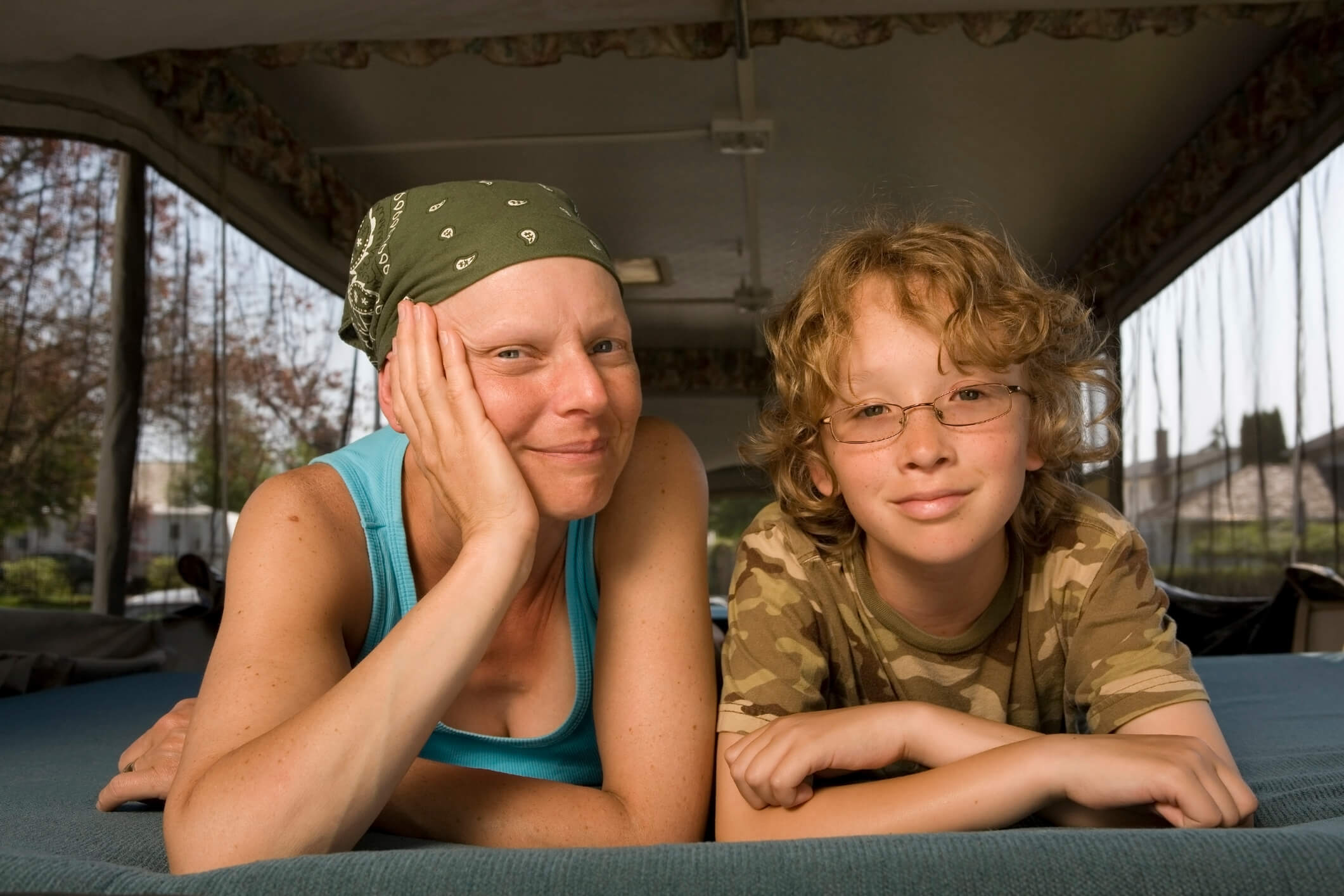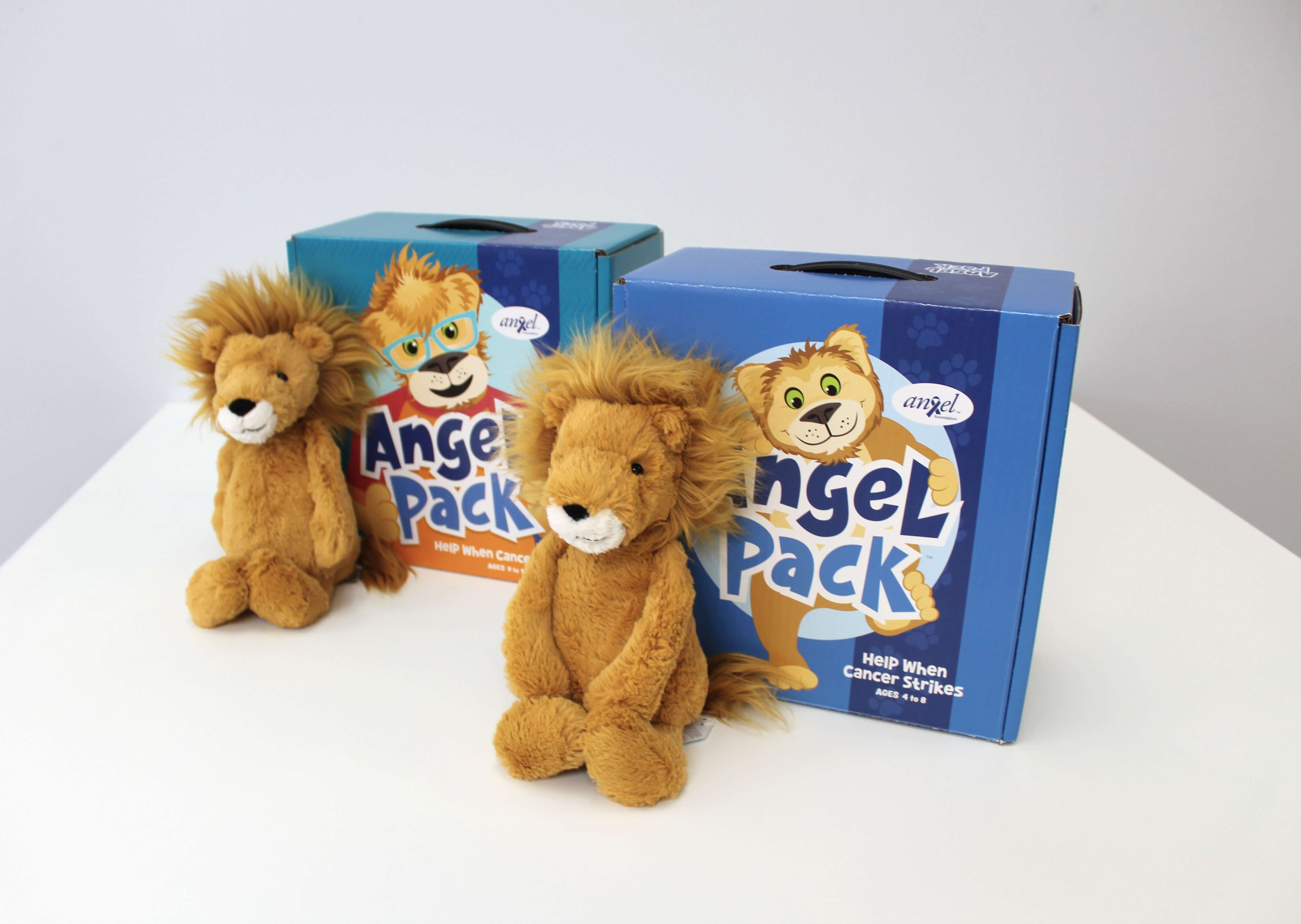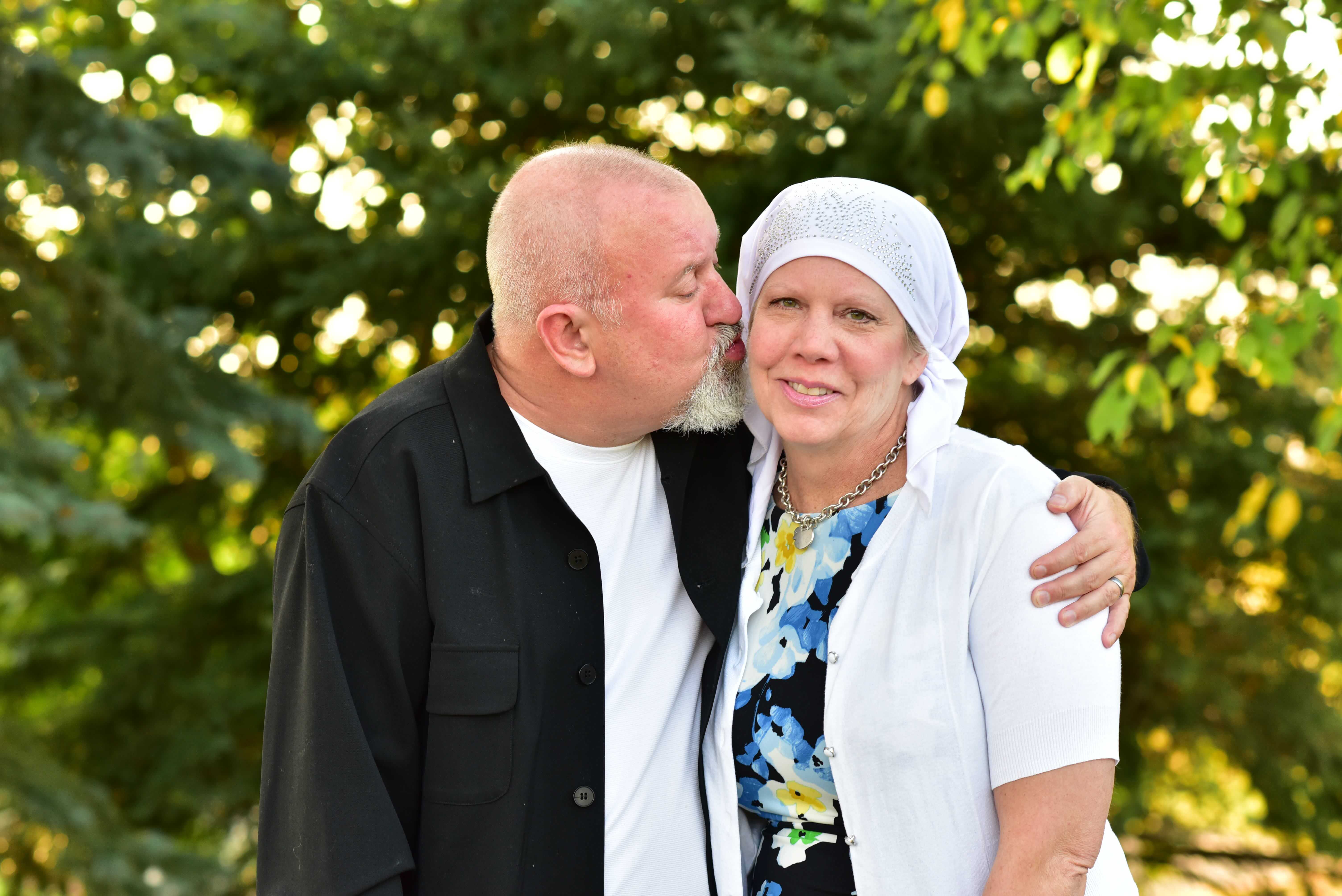
Angel Foundation™:
Help when cancer strikes.
Whether you need our support or want to make a difference, we invite you to walk alongside us to bring hope and relief to cancer patients across Minnesota.

Whether you need our support or want to make a difference, we invite you to walk alongside us to bring hope and relief to cancer patients across Minnesota.
 Child & Preteen Angel Packs™
Child & Preteen Angel Packs™
Angel Packs™ are age-appropriate, therapeutic kits for kids who have an adult loved one with cancer. Packs are free to all Minnesota residents in active cancer treatment or available for purchase on our Angel Pack™ Store.

Addresses immediate financial concerns for patients in active treatment.

Offers pro bono financial guidance for cancer patients and their families.
.jpg)
Provides social and educational programs to families impacted by cancer.
.jpg)
Offer age-appropriate and therapeutic kits for kids who have a loved one with cancer.
.jpg) A family helped by Angel Foundation™
A family helped by Angel Foundation™
58K
Lives Touched
$15M
in Financial Aid
4K
Served Annually
Founded in 2001, Angel Foundation™ began by providing financial assistance to cancer patients struggling to cover basic, nonmedical needs. Since then, we have expanded our offerings to include social events for families, therapeutic kits to help kids understand cancer and its treatment, educational programs, financial guidance, resource navigation, and more. Our goal is to be the premier resource for cancer patients in Minnesota.